Մեր մասին
Նպաստել լիբերալ ժողովրդավարության ինստիտուտների և իրավական պետության կայացմանը՝ փաստահեն քաղաքականությունների մշակման, ոչ ֆորմալ կրթության, փորձագիտական այլընտրանքային աշխատանքների իրականացման և խոցելի խմբերին ու պետական, տեղական ինքնակառավարման մարմիններին, զանգվածային լրատվության միջոցներին և այլ շահառուներին մասնագիտական աջակցության ցուցաբերման, պետության և հասարակության միջև երկխոսության ստեղծման միջոցով։
«Լիբերալ քաղաքականության ինստիտուտ» հասարակական կազմակերպությունը (ՀԿ) հիմնադրվել է 2018թվականին Երևան քաղաքում, սակայն գործունեության աշխարհագրությունը ներառում է Հայաստանի ողջ տարածքը և Արցախը։
Հիմնադրումից ի վեր ինստիտուտն իրականացրել է լիբերալ ժողովրդավարության ինստիտուտների ու օրենքի գերակայության ամրապնդմանն ուղղված մի շարք ծրագրեր՝ կեղծ տեղեկատվության և ատելության խոսքի տարածման դեմ պայքարի, մեդիագրագիտության, Հայաստան – ԵՄ հարաբերությունների հեռանկարների, Հայաստանում ընթացող ժողովրդավարական բարեփոխումների քաղաքականության մշակման, ՏԻՄ-երի զարգացման, կանանց քաղաքական մասնակցության բարձրացման և կարողությունների հզորացման, ձեռնարկատիրական հմտությունների բարելավման և այլ ոլորտներում։
Ինստիտուտը ուղեղային անկախ կենտրոն է (Think Tank), որն իրականացնում է բազմապիսի փորձագիտական աշխատանքներ և հետազոտություններ, ինչպես նաև մշակում է փաստահեն ռազմավարություններ՝ ուղղված կոնկրետ ոլորտների բարելավմանն ու իրական փոփոխությունների հանգեցմանը։
Ինստիտուտի գործունեության կարևորագույն բաղադրիչն են նաև ոչ ֆորմալ կրթության միջոցով հասարակությանը ժամանակակից զարգացումներին համահունչ գիտելիքներով զինելը, ֆորմալ կրթության բացերի լրացումը, տաղանդների բացահայտումն ու դրանց զարգացմանը նպաստելը, հասարակական գիտակցության բարձրացումը։
Իր գործունեության ընթացքում ինստիտուտը իրականացնում է «Լիբերալ քաղաքականության դպրոց» ծրագիրը, որը ոչ ֆորմալ կրթական ծրագիր է տաղանդավոր երիտասարդների համար, ովքեր հետաքրքրված են լիբերալիզմով, Մարդու իրավունքներով և քաղաքականությամբ։
Դպրոցն ունի ավելին քան 170 շրջանավարտ ովքեր շարունակում են իրենց մասնակցությամբ կապ պահպանել շրջանավարտների ցանցի միջոցով։
Ինստիտուտն իր գործունեությունը ծավալում է ստորև ներկայացված ուղղություններով, որոնք ամրագրված են կազակերպության կանոնադրության մեջ․
- Հայաստանում ժողովրդավարության և լիբերալիզմի զարգացմանն ու ամրապնդմանը նպատակաուղղված կրթական դասընթացների, սեմինարների, թրեյնինգների, համաժողովների կազմակերպում
- Հետազոտությունների, վերլուծությունների և հարցումների իրականացում
- Կրթական և իրազեկման նպատակ ունեցող տեղեկատվական և քարոզչական նյութերի, հոլովակների և ֆիլմերի պատրաստում և հրատարակում
- Տեղական և միջազգային կրթական հաստատությունների, հասարակական կազմակերպությունների և հիմնադրամների հետ համագործակցում
- Ժողովրդավարության, լիբերալիզմի և մարդու իրավունքների վերաբերյալ հանրության իրազեկվածությունը մեծացնելու համար ԶԼՄ-ների հետ համագործակցում
- Կրթական և հետազոտական ոլորտներում պետական և տեղական ինքնակառավարման մարմինների հետ համագործակցում
- Ոչ ֆորմալ կրթության միջոցով երիտասարդության իրավագիտակցության բարձրացում ու նոր քաղաքական մշակույթի ձևավորմանն աջակցություն
- Մասնակցություն ազգային և միջազգային քաղաքական ծրագրերի մշակմանը և իրականացմանը
- Տարածաշրջանային և միջազգային քաղաքական և հասարակական (այդ թվում՝ կրթական) կառույցների հետ կապերի հաստատում, ինչը կնպաստի Հայաստանի քաղաքական և հասարակական (այդ թվում՝ կրթական) կազմակերպությունների՝ այդ կառույցներին անդամագրմանը
- Հայաստանում և նրա սահմաններից դուրս կազմակերպությունների և միջազգային ցանցերի հետ կապի պահպանում՝ փորձի փոխանակման և համատեղ ծրագրերի իրականացման նպատակով։
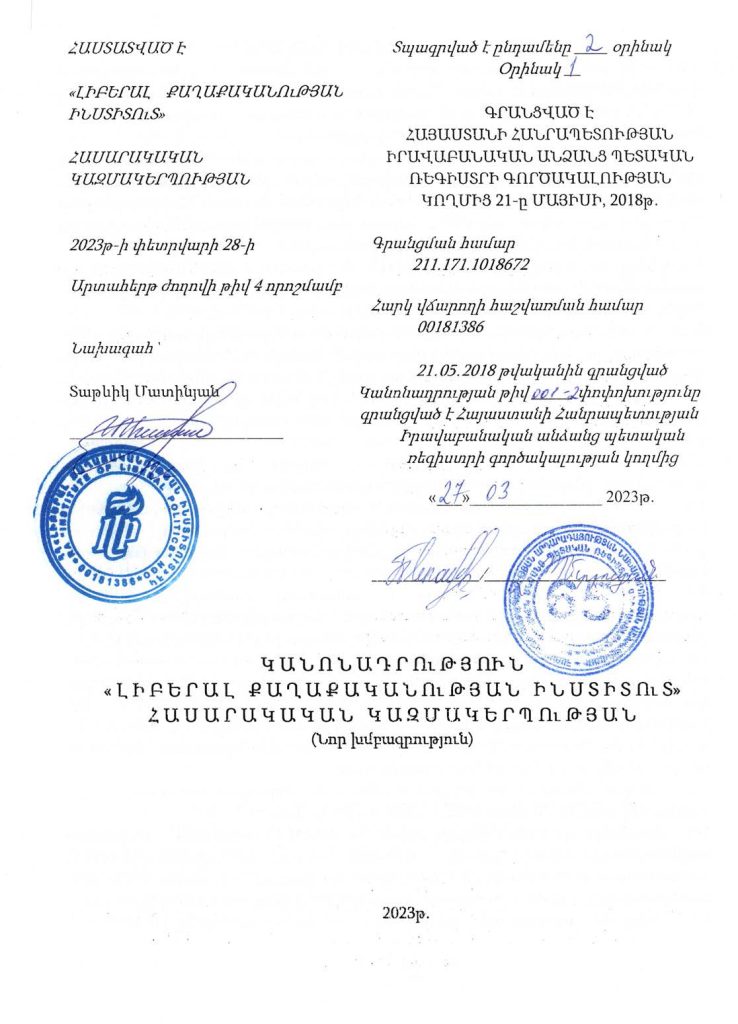
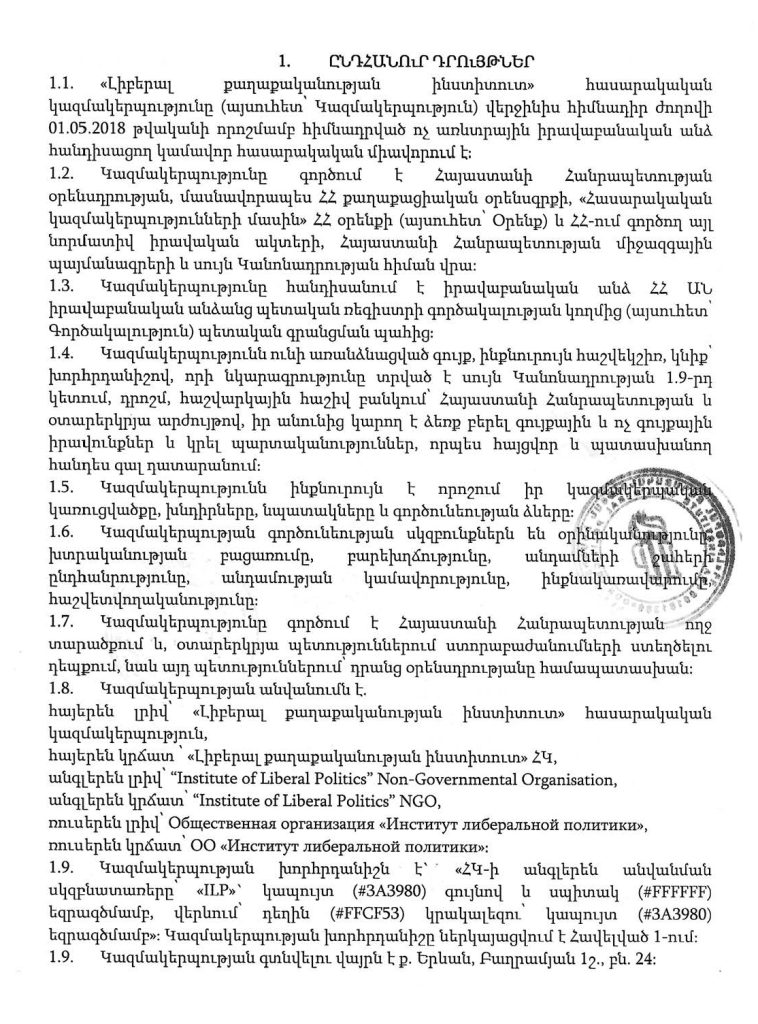
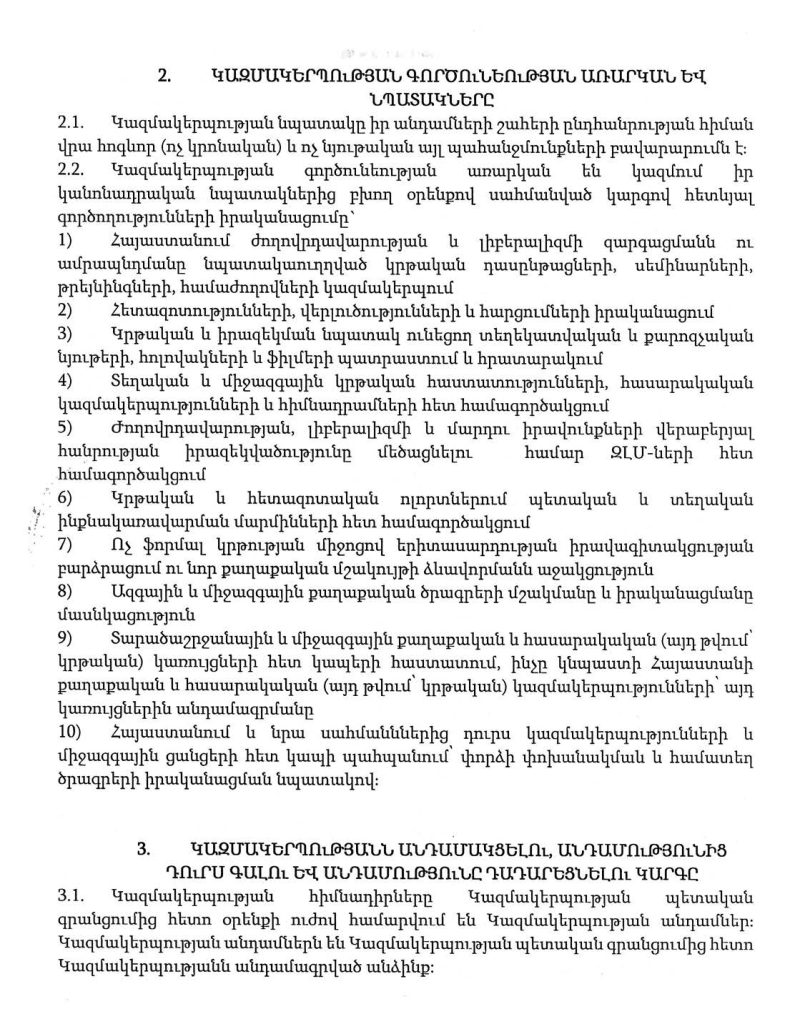
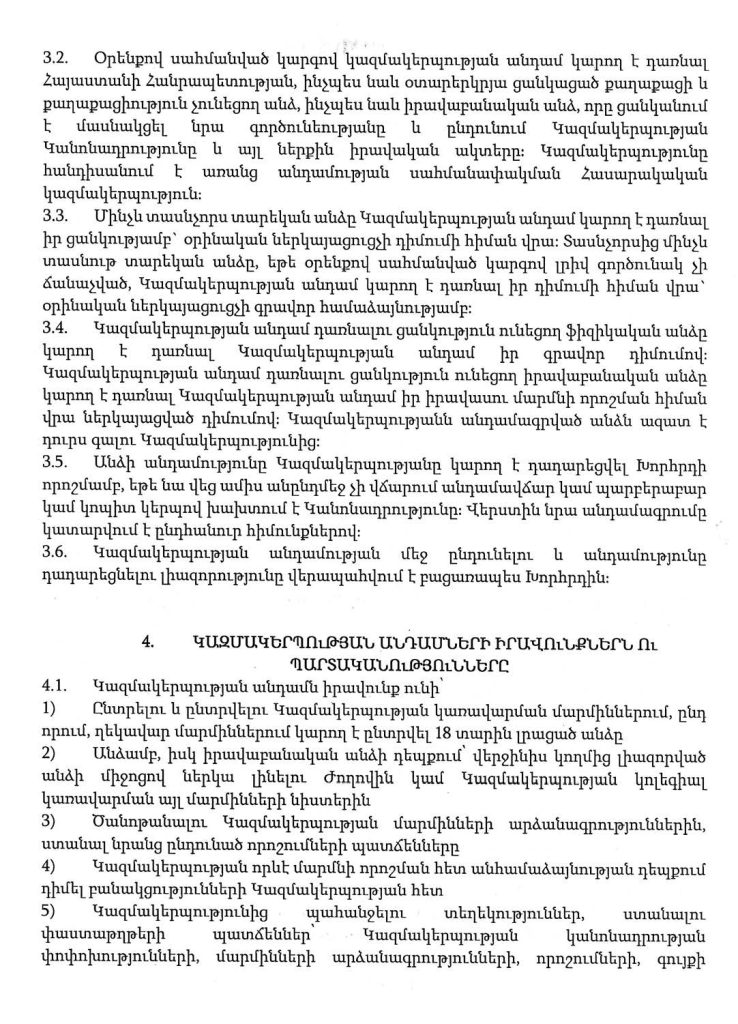
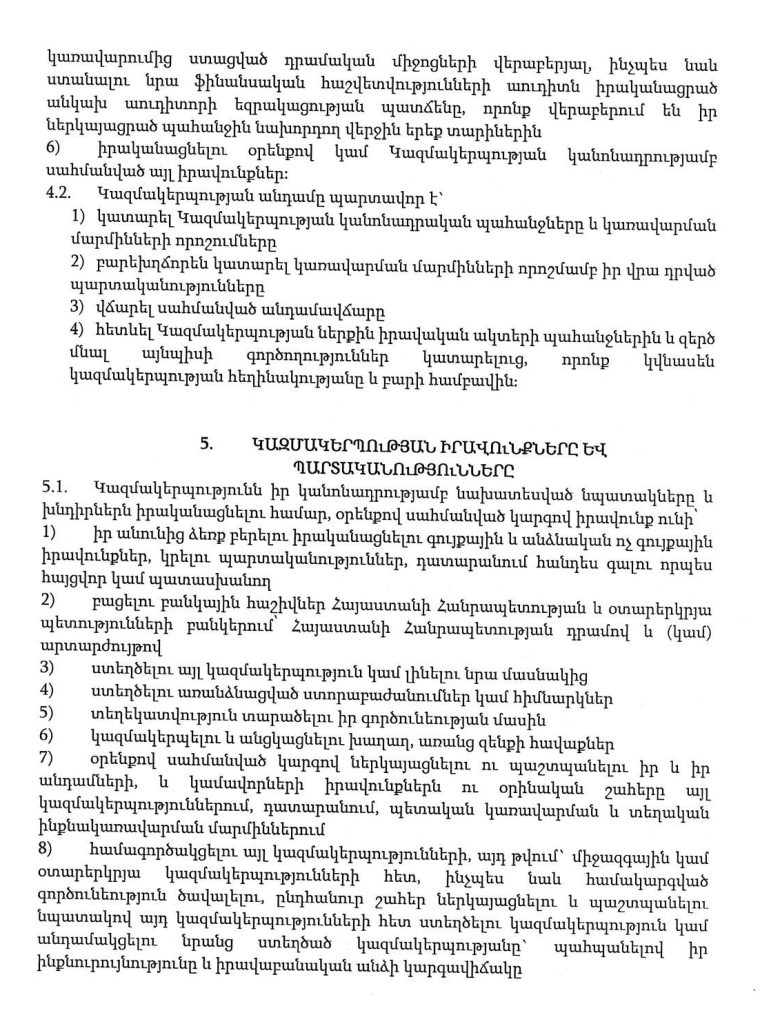
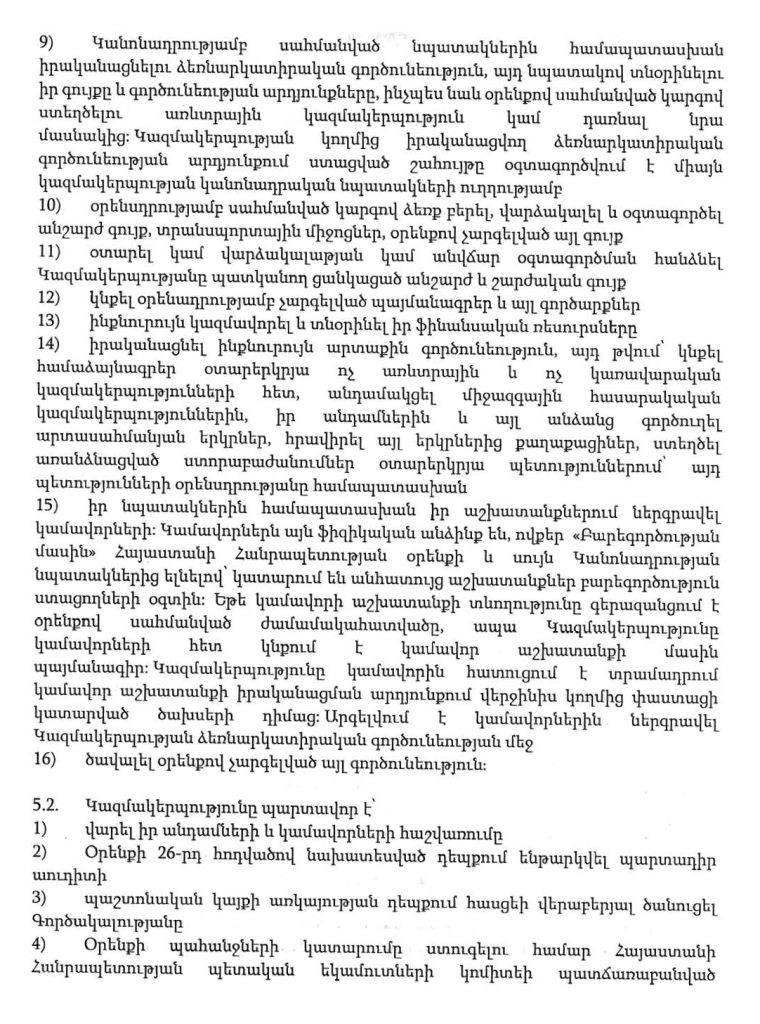
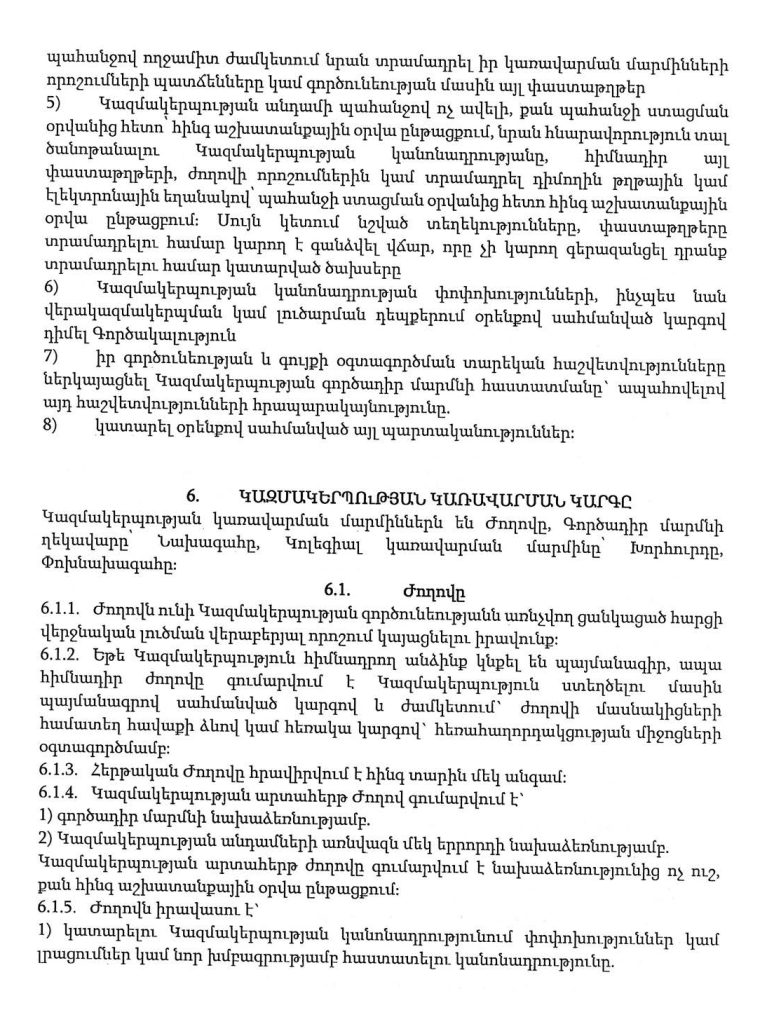
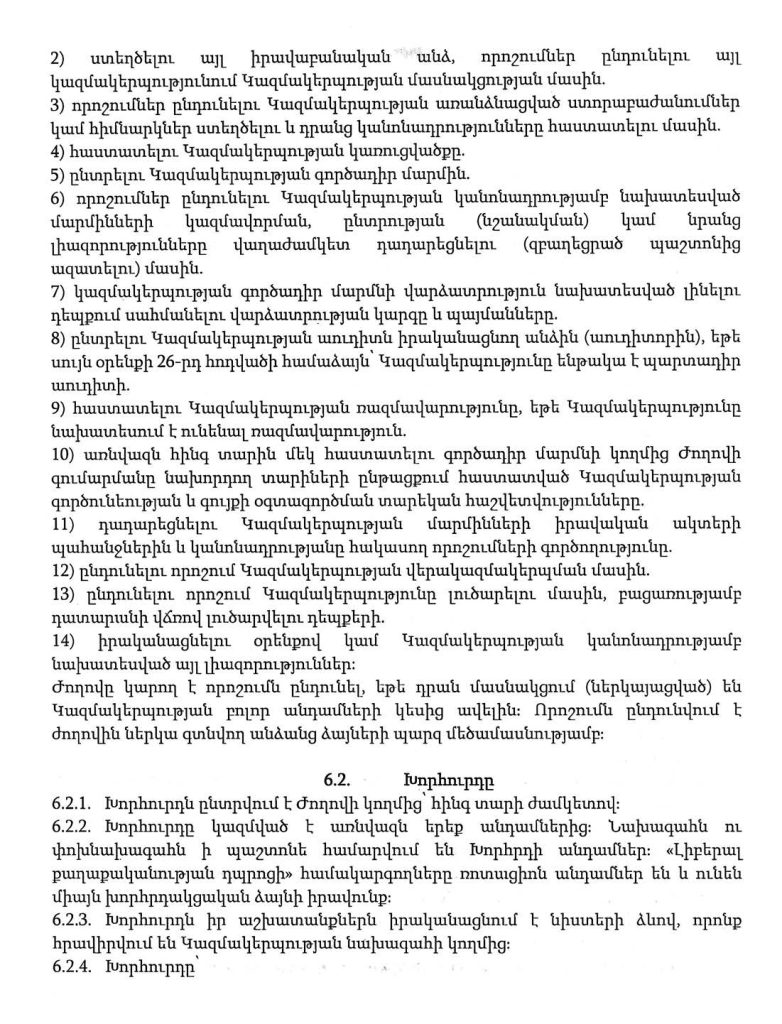
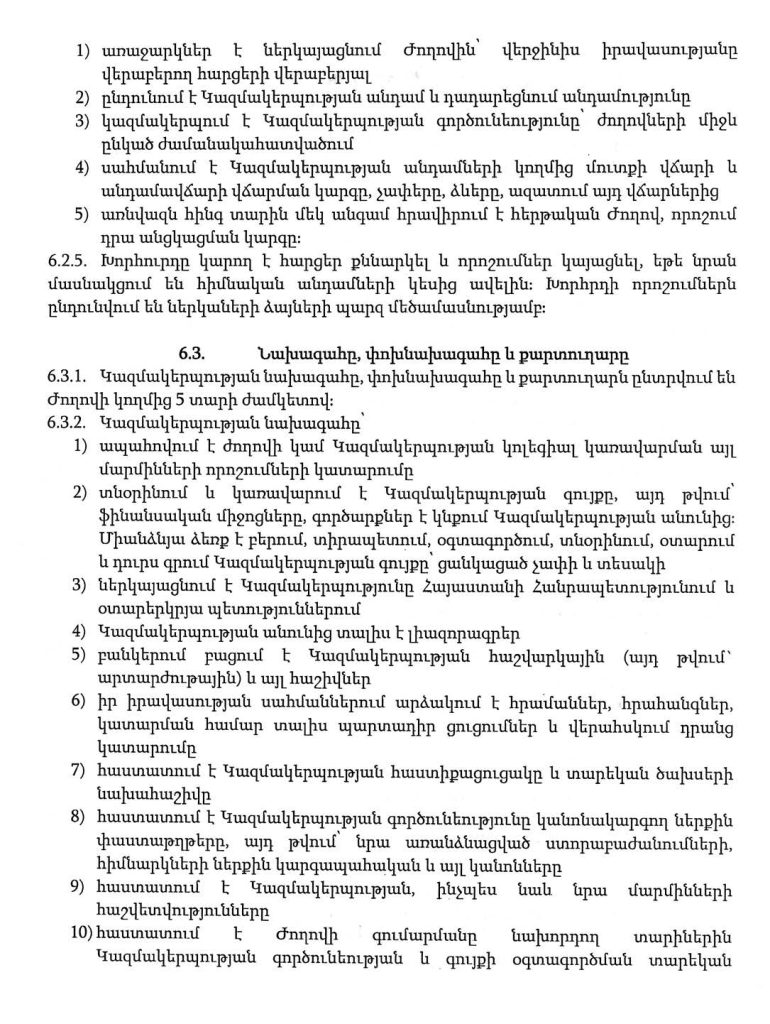
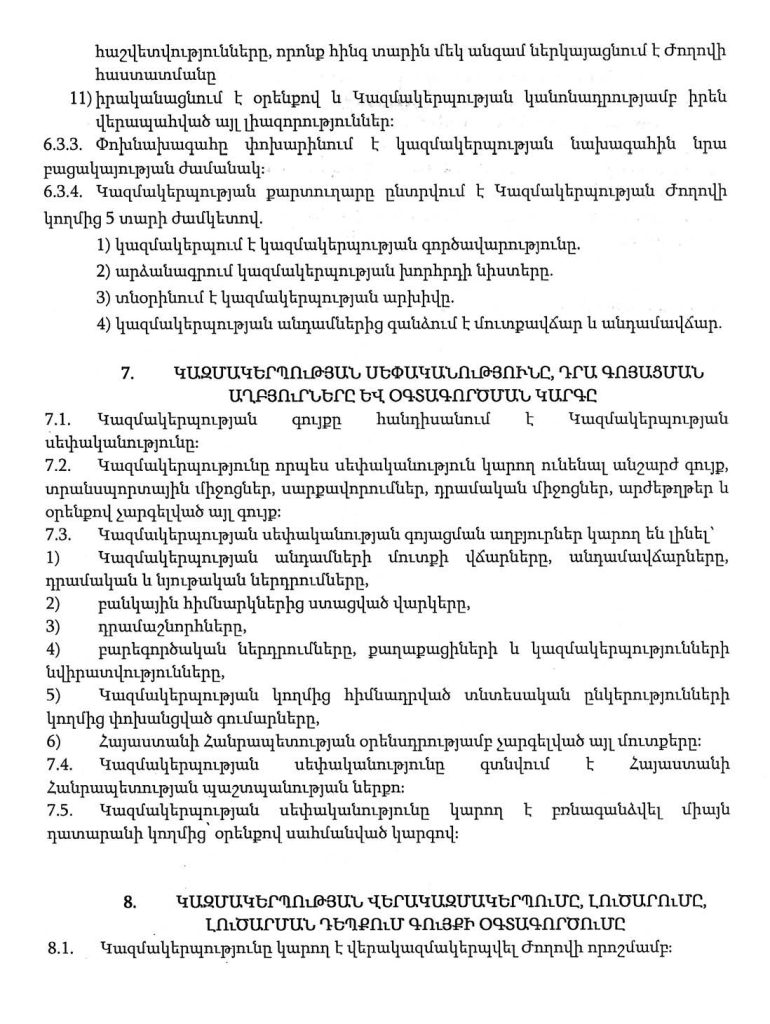
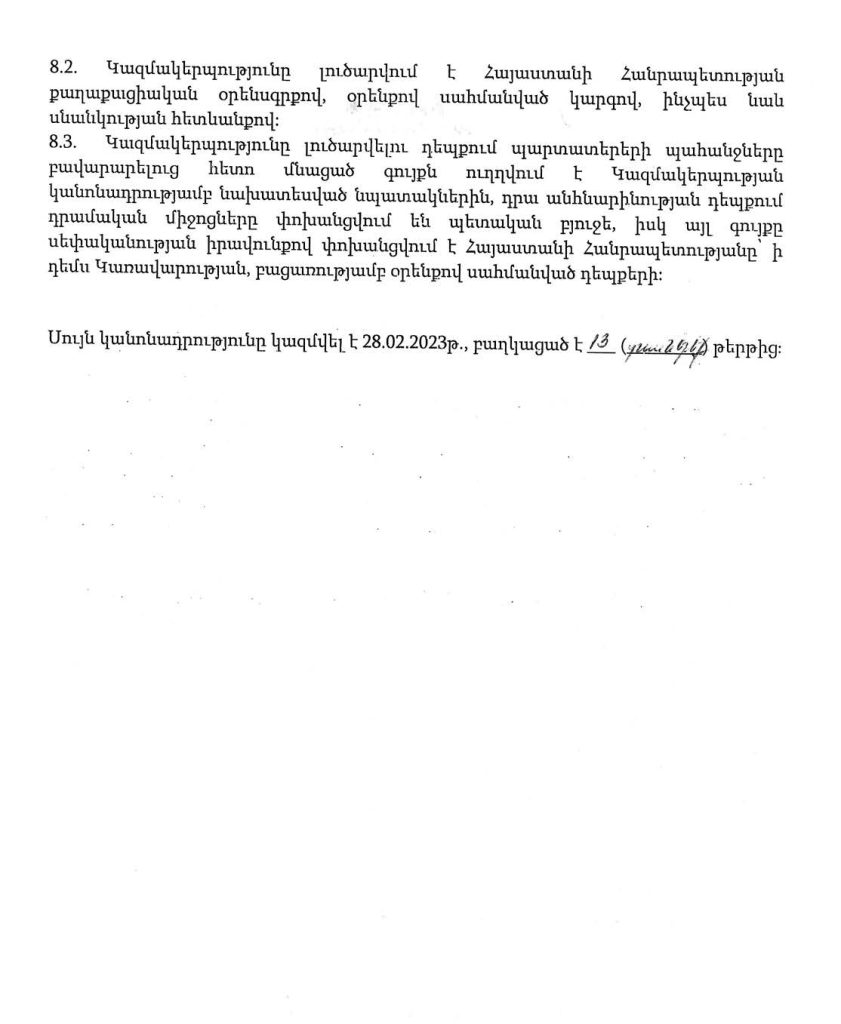
Ինստիտուտի Խորհուրդը
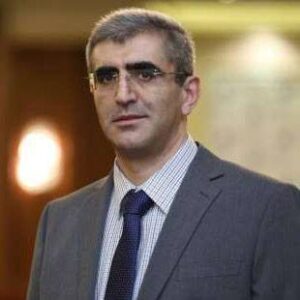
Գրիգորի Դոխոյան
խորհրդի անդամ
Գրիգորի Դոխոյանը տեխնիկական համակարգերի ծրագրային ապահովման մասնագետ է։ Ունի ծրագրավորման 16 տարվա փորձառություն: Ակտիվորեն ներգրավված է Հայաստանի քաղաքական և հասարակական կյանքում՝ մասնավորապես կրթության և ընտրական համակարգերի բնագավառում։ Ինստիտուտի խորհրդի անդամ է 2018 թվականից։

Մագդա
Արսենյան
խորհրդի անդամ
Մագդա Արսենյանը քաղաքական գիտությունների թեկնածու է։ 2018-2019 թ․թ․ հանդիսացել է «Լիբերալ քաղաքականության ինստիտուտի» նախագահը՝ իրականացնելով շուրջ 9 ծրագիր, որոնց մասնակցել են 100-ից ավել երիտասարդներ։ Հետազոտական հետաքրքրությունների շրջանակը ներառում է քաղաքական մշակույթը, խորհրդարանական դիվանագիտությունը, հանրային քաղաքականությանը վերաբերող հիմնահարցերը։ Խորհրդի անդամ է 2018 թվականից։

Ֆլորա Վարդանյան
խորհրդի անդամ
Ֆլորա Վարդանյանը մանկավարժ է (ֆիզիկ): Կրթական հանդեսներում համահեղինակել է հոդվածներ և լաբորատոր ձեռնարկներ ֆիզիկայից: Ունի կրթական ծրագրերի համակարգման 3 տարվա փորձ, 15 տարվա՝ դասավանդման փորձ: SMM մասնագետ է: Բազմիցս ներգրավված է եղել տարբեր ծրագրերում որպես բիզնես խորհրդատու, մենթոր: Խորհրդի անդամ է 2018 թվականից։

Մարիամ
Խզմալյան
խորհրդի անդամ
Մարիամ Խզմալյանը մասնագիտությամբ քաղաքագետ է։ Աշխատանքային փորձ ունի թե՛ մասնավոր, թե՛ պետական համակարգում։ 2019 թվականից աշխատում է ՀԿ ոլորտում՝ իրականացնելով ծրագրերի համակարգման աշխատանք։ 2021 թվականից հանդիսանում է Ինստիտուտի խորհրդի անդամ։ 2022 թվականի հունվարից համակարգում է Լիբերալ քաղաքականության դպրոցի աշխատանքները։

Շուշան
Ավագյան
խորհրդի անդամ
Շուշան Ավագյանը քաղաքագետ է։ Ունի քաղաքական դպրոցների, սեմինարների և կրթական ծրագրերի կազմակերպման 3 տարվա փորձ։ Աշխատել է ՀՀ ԱԺ-ում, մասնավոր և ՀԿ ոլորտում։ Հեղինակել է մի շարք հոդվածներ։ Հետաքրքրված է տարածաշրջանային քաղաքականությամբ և միջազգային հարաբերություններով։ Խորհրդի անդամ է 2022 թվականից և Լիբերալ քաղաքականության դպրոցի համակարգող։
